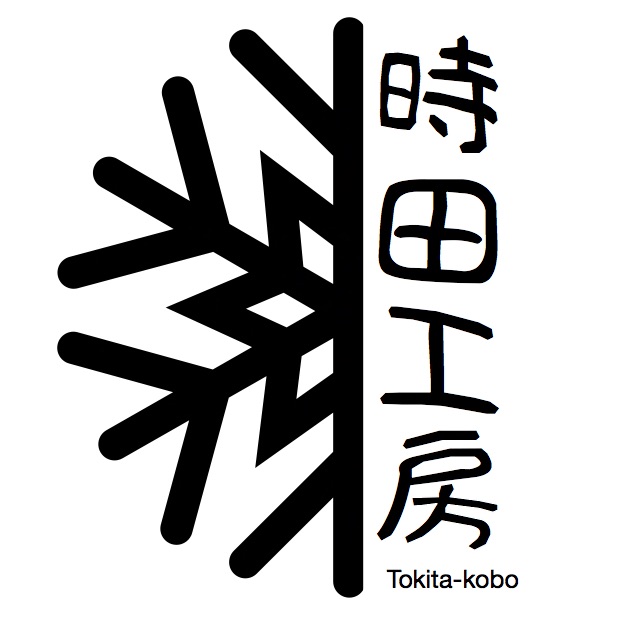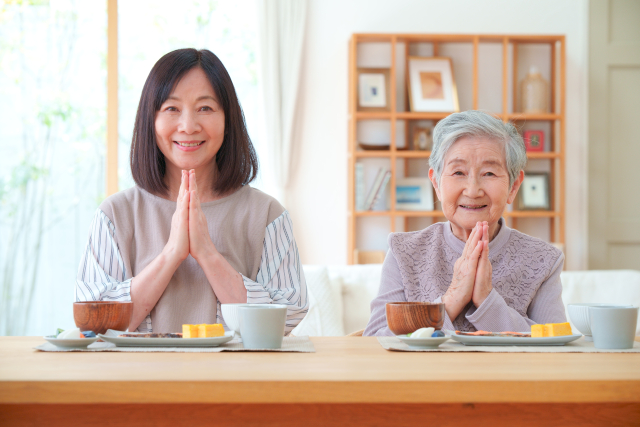In Japanese culture, meals are not just about eating—they are about gratitude, respect, and appreciation. Two phrases that reflect this deeply rooted tradition are “Itadakimasu” (いただきます) and “Gochisousama deshita” (ご馳走様でした). These simple yet meaningful words frame every meal in Japan, reminding us to cherish the food, the hands that prepared it, and the natural resources that made it possible.
What Does “Itadakimasu” Mean?

Before taking the first bite of a meal, Japanese people say “Itadakimasu”, which roughly translates to “I humbly receive.” However, its meaning goes beyond just “bon appétit.”
The Deeper Meaning of “Itadakimasu”
✔ Respect for Life: The phrase acknowledges the life of the ingredients, whether they come from animals, plants, or the sea.
✔ Gratitude for Preparation: It also expresses thanks to the farmers, fishermen, chefs, and everyone involved in bringing the meal to the table.
✔ Cultural and Spiritual Significance: Rooted in Buddhist traditions, “Itadakimasu” reflects the idea that all living things are interconnected, and we should not take food for granted.
Bringing our hands together and saying “Itadakimasu” is a way of expressing gratitude for all food, its sources, and the people who cultivated, prepared, and cooked it.
What Does “Gochisousama Deshita” Mean?
At the end of a meal, Japanese people say “Gochisousama deshita” (ご馳走様でした), meaning “Thank you for the meal.” This phrase also has a deeper meaning tied to Japanese values.

The Meaning Behind “Gochisousama”
✔ Acknowledging the Effort: The word “chisou” (馳走) originally meant “running around” to gather ingredients for a feast. “Gochisousama” expresses gratitude for the hard work that went into preparing the meal.
✔ Showing Respect: Whether eating at home, at a restaurant, or as a guest, saying “Gochisousama deshita” is a polite way to show appreciation.
✔ Japanese Dining Etiquette: In Japan, it’s considered rude to leave the table without saying “Gochisousama deshita,” especially in social settings.
By putting our hands together and saying “Gochisousama deshita,” you are recognizing everyone’s effort in providing the meal, from the chef to the server to the host.
Itadakimasu & Gochisousama in Daily Life
Even in modern Japan, these phrases remain an essential part of daily meals, whether in homes, schools, or restaurants.
💡 Fun fact: In Japanese schools, children are taught to say both phrases before and after meals as part of their moral education. This instills a sense of gratitude from a young age.
Even if you’re not Japanese, incorporating “Itadakimasu” and “Gochisousama deshita” into your meals can enhance your appreciation for food and bring a sense of mindfulness to your dining experience.
More Than Just Words
“Itadakimasu” and “Gochisousama deshita” reflect the deep appreciation Japanese culture has for food, effort, and life itself. These phrases remind us that eating is not just about satisfying hunger but about being thankful for what we have.
So next time you enjoy a meal—whether it’s sushi, ramen, or your homemade dish—why not try saying “Itadakimasu” before eating and “Gochisousama deshita” after finishing? It’s a small gesture that carries a big meaning.

